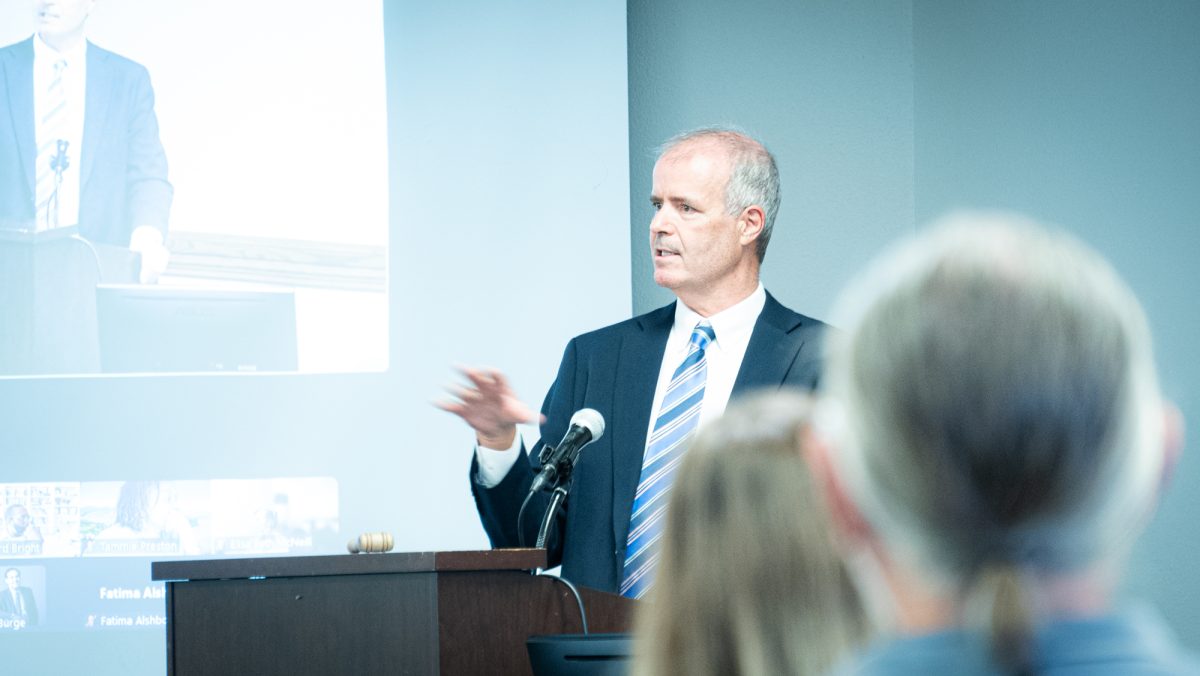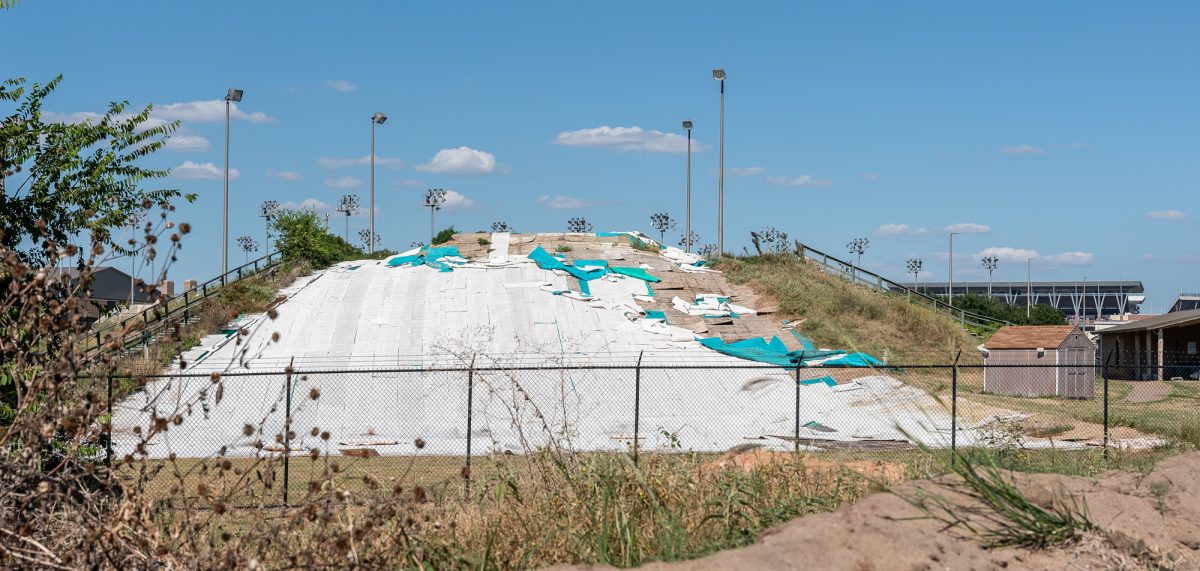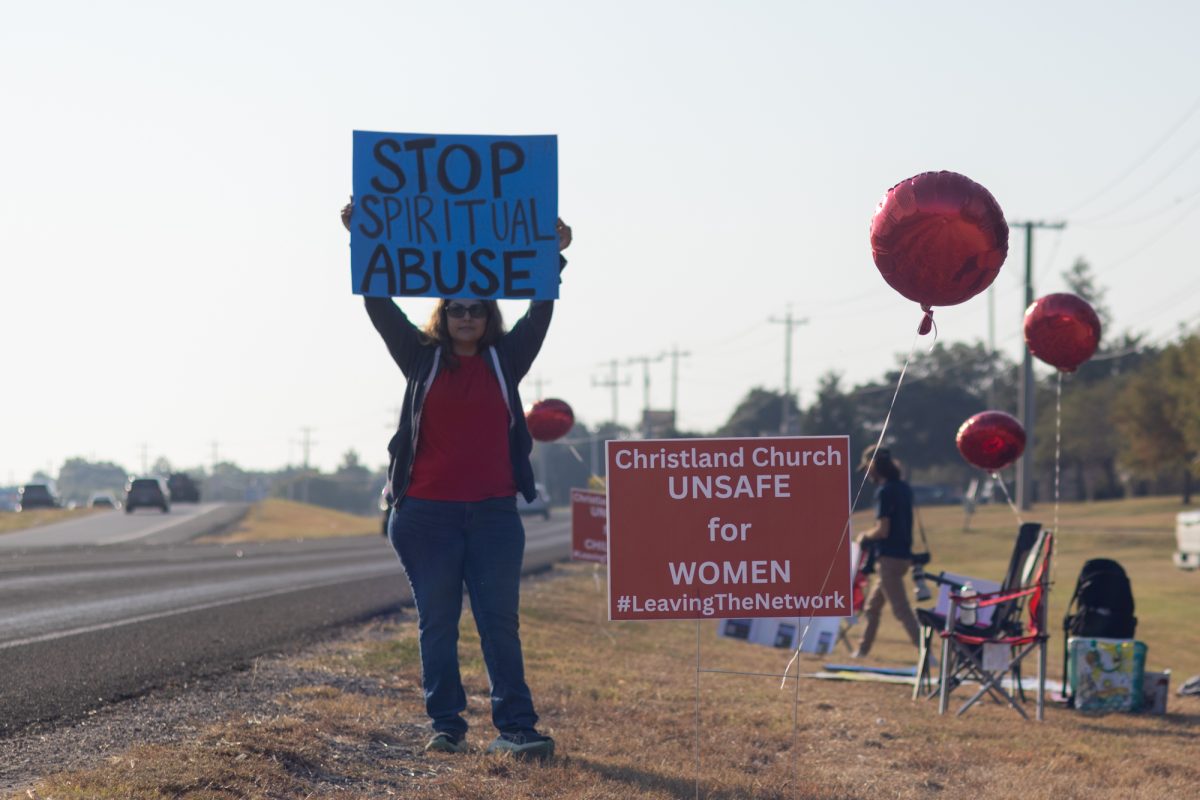Amy Ellen Schwartz presented a lecture at the Bush Library on Tuesday evening as a part of Mosbacher Institute’s Education Policy Workshop.
Schwartz, a professor in public affairs at the Maxwell School at Syracuse University, researches a wide range of topics, including education policy. At Tuesday’s lecture, Schwartz addressed a few of the many outside factors which play a role in shaping student outcomes. Schwartz’s research consisted of data which she has been collecting for 20 years from organizations such as the New York City Department of Education, Department of Youth and Community Development and the Department of Health and Mental Hygiene.
One of the biggest points Schwartz stressed in her lecture is that schools are already doing as much as they can from the inside, so it is time for actions outside of the classroom to begin.
“We’ve put a good amount of pressure on principals and teachers through accountability. We’ve done everything we can to incentivize them to push them to do better,” Schwartz said. “Now we are going to have to foster collaboration and reach outside of our silos.”
Schwartz discussed the educational effects of various factors such as school food programs, including Universal Free Meals (UFM), and the impact of summer jobs. Vanessa Liles, curriculum and instruction PhD student, said Schwartz’s economist background gave her a different perspective than what many educators see in the field.
“As educators we felt that there were several contributing factors that she could have looked at that were not addressed. For me being a researcher that comes into a school and gathers data is one thing and being in school and capturing data is another thing,” Liles said. “She collects data handed to her by the school district and that is very different than the day to day interactions of what happens in a school and being able to account for that data.”
Education sophomore Rees Clapperton said the data and statistics Schwartz presented were eye-opening.
“I would say that the most influential part of the lecture were the statistics she was able to give and data that was collected,” Clapperton said. “I think that a lot of times the ideas are something that we think of but we don’t actually come up with statistics that prove how food and jobs play into the education system and how kids are affected by that.”
Schwartz said there is no easy fix to the problems presented and that many steps must be taken to ensure a student’s success.
“Non Instructional activities can have significant effects on student performance. The lunchroom, the school yard, summer, after school, … and we can leverage those opportunities,” Schwartz said. “There is in the end no silver bullet. There isn’t one thing you do for your kid to make your kid do well in school. You do a million little things. You do a million little things every day.”








